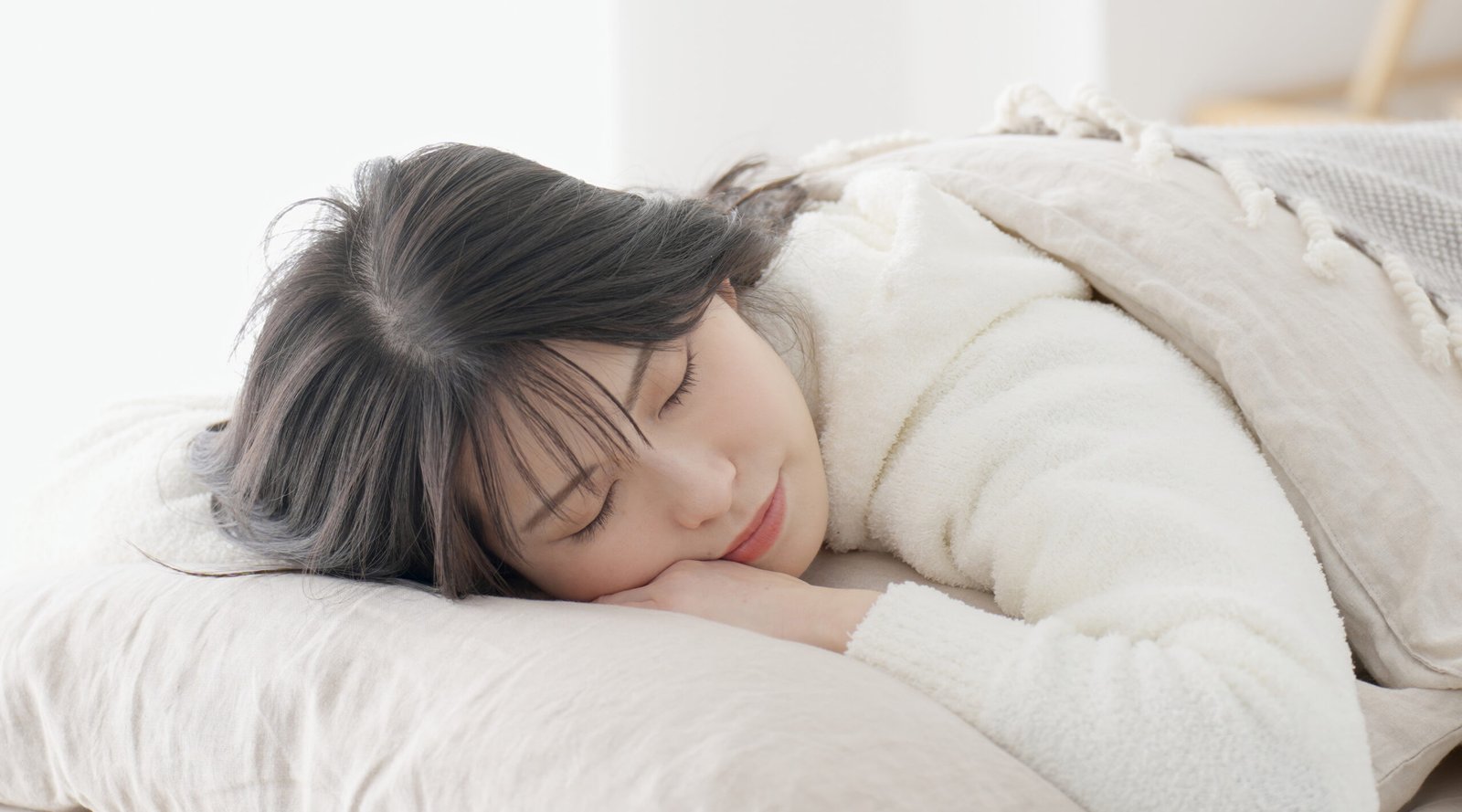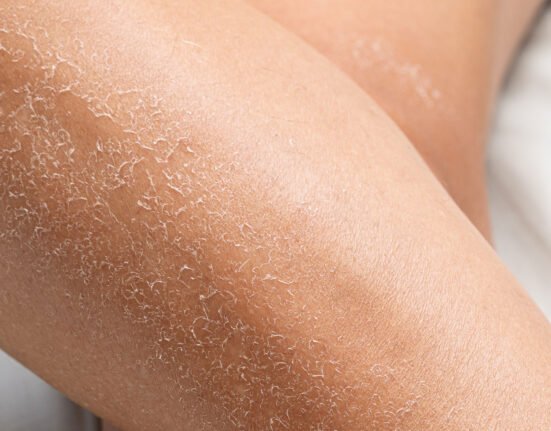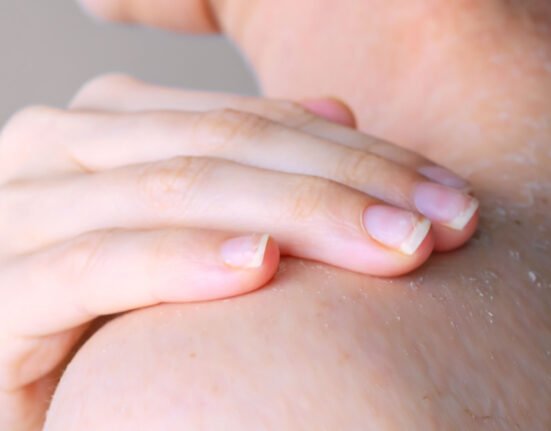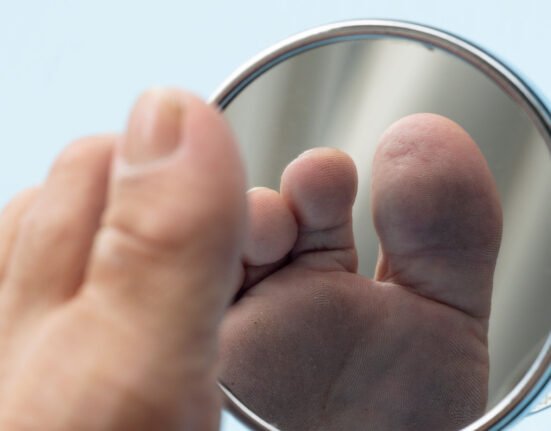You’ve probably heard this classic advice often: “If you want healthy skin, get enough sleep.” But … can sleep make your skin glow, or is it just a myth?
The answer is: Quality sleep significantly impacts your skin’s health. A good night’s sleep might be one of your most potent “natural skincare” methods.
Sleep and the Exposome: A Direct Link to Skin Health
Our skin is affected by many external factors—pollution, UV rays, stress, and everyday lifestyle habits. All of these fall under what’s known as the “exposome.” Sleep is one of the few exposome factors you can control.
When you get enough sleep, your skin can repair itself, strengthen its defenses, and regenerate cells. On the flip side, if you’re sleep-deprived, your skin can look dull, tired, and may even age faster.
What Happens to Your Skin While You Sleep?

Sleep isn’t just a time for your brain and body to rest—your skin is hard at work, too! Here’s what happens:
- Cell Repair and Regeneration
Nighttime is prime time for cell repair. Your skin cells work to fix damage from UV rays, pollution, and oxidative stress accumulated throughout the day. - Boosted Collagen Production
During deep sleep, your body releases growth hormones that stimulate collagen production—a key protein that keeps your skin firm and wrinkle-free. - Reduced Cortisol = Fewer Breakouts
Getting enough sleep lowers cortisol (the stress hormone) levels. This is crucial because high cortisol can lead to breakouts, inflammation, and collagen breakdown. - Stronger Skin Barrier
At night, your skin’s natural barrier goes into repair mode. This helps your skin stay hydrated, resilient to irritation, and less prone to dryness or redness.
Only got 3–4 hours of sleep last night? Here’s how it can show on your face:
- drooping eyelids;
- puffy eyes and dark circles;
- pale, dull-looking skin;
- more visible fine lines;
- downturned corners of the mouth;
- increased skin sensitivity and irritation.
Poor sleep also disrupts the skin barrier function and causes TEWL (Transepidermal Water Loss), which means skin loses moisture more easily. As a result, it becomes dry and appears less healthy.
Use a Hydrating Night Skincare Routine

While you sleep, your skin loses moisture more easily. Apply a night moisturizer with ceramides, hyaluronic acid, or panthenol to help lock in hydration.
Keep Your Pillowcase Clean and Soft
Your face rests on your pillow for hours every night. Use a smooth pillowcase—like satin or silk—and wash it regularly to prevent bacteria buildup that can lead to breakouts.
Incorporate Restorative Ingredients
Boost your nighttime skincare with active ingredients like retinol, niacinamide, or peptides. Just make sure to choose ones that suit your skin type and sensitivity.
Sleep Isn’t Just for Energy. It’s Essential for Healthy Skin
When you sleep, your body can repair, hydrate, and strengthen your skin from within. So if you want naturally glowing, smooth, and healthy skin, start by improving your sleep quality.
Remember: Even the most expensive skincare won’t work well if you’re constantly sleep-deprived. Let sleep become a key part of your nightly skincare routine!
References
Dream Clinic. Accessed in 2025. The Importance of Sleep for Good Skin: Here’s What Every Glow-Seeker Should Know.
Healthline. Accessed in 2025. 6 Ways to Maximize Your Beauty Sleep for #WokeUpLikeThis Skin.
Isdin. Accessed in 2025. Here’s How Sleep Affects Your Skin.








Leave feedback about this